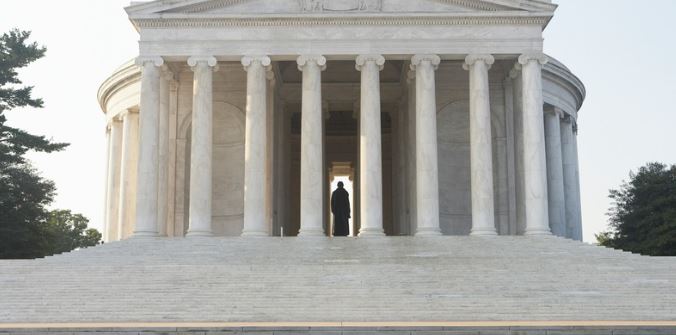The U.S. Supreme Court has agreed to hear a landmark case that could reshape the future of the Voting Rights Act of 1965 and significantly influence elections nationwide. The case centers on changes to voter identification laws and gerrymandering practices in Southern states, with opponents arguing that these measures disproportionately disenfranchise African American voters.
At the heart of the case is the question of how voting laws should be enforced in states with a history of voter suppression. Critics contend that the recent changes to ID requirements and district boundaries are not only unnecessary but harmful, particularly to minority communities that have long faced barriers to the polls. They argue that these measures undermine the fundamental principles of equal access and representation.
Legal experts warn that the Supreme Court’s decision could have far-reaching consequences for voting rights in the United States. A ruling in favor of the challengers could lead to stronger protections for voters, particularly in states with a history of discriminatory practices. On the other hand, a ruling that upholds the challenged laws could pave the way for further restrictions, potentially making it more difficult for marginalized communities to participate in future elections.
As the case unfolds, all eyes will be on the Court’s decision, which could mark a turning point in the ongoing struggle for voting equality in America. The outcome will likely reverberate across the nation, influencing not only the legal landscape but also the broader conversation about fair representation and access to the democratic process.

